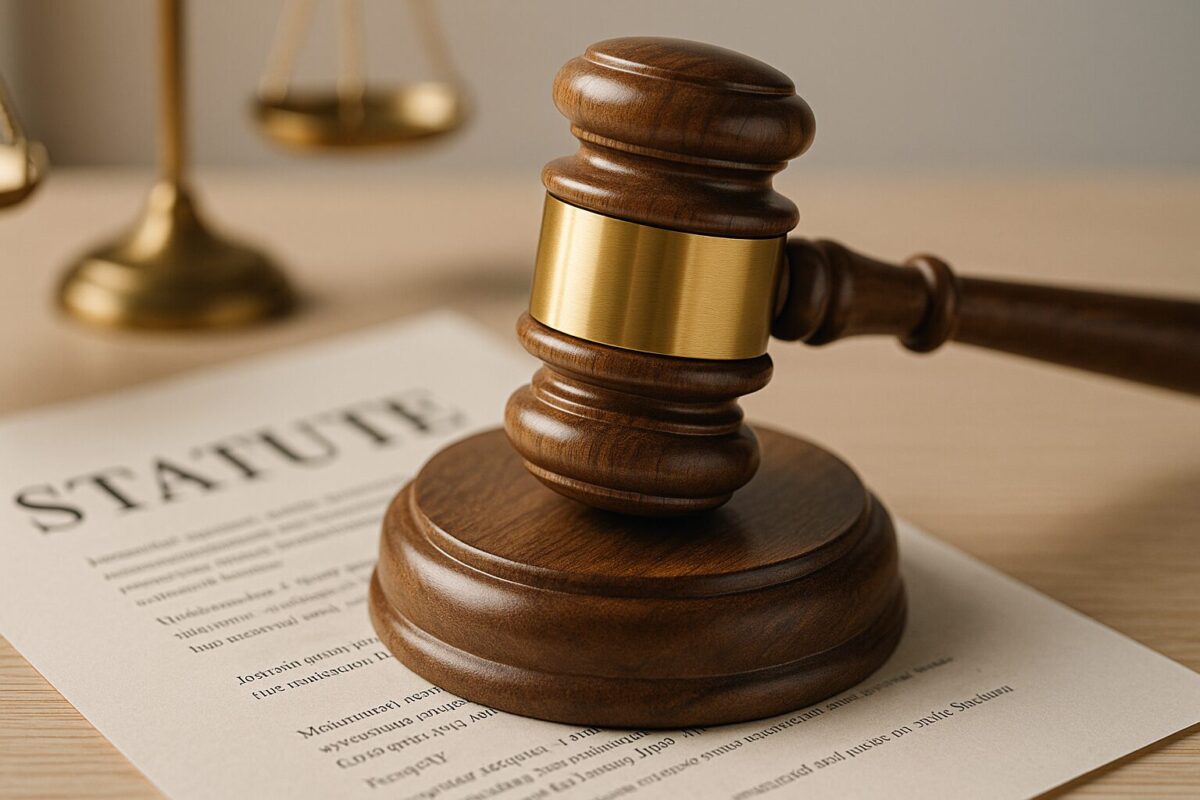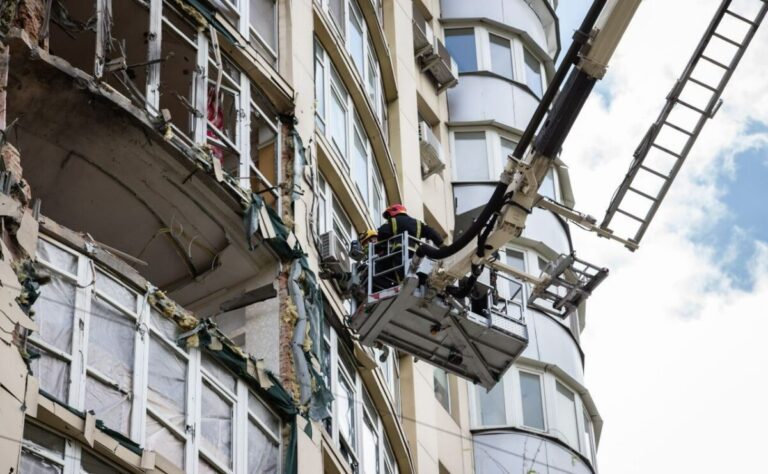
No Immunity: How the World Plans to Hold Russia’s Top Leaders Accountable
June 25, 2025 could mark a pivotal moment for Ukraine and international justice. On this day, in The Hague, President Volodymyr Zelensky and Secretary General of the Council of Europe Alain Berset are expected to sign an agreement to establish a Special Tribunal for the Crime of Aggression against Ukraine. This isn’t just a symbolic act it’s the outcome of two years of legal work and negotiations aimed at filling a critical gap in the international legal system: how to hold top leadership of an aggressor state accountable for initiating war.
The cornerstone of this effort is the Statute of the Special Tribunal, now published on the Council of Europe’s official website. The document outlines the tribunal’s structure, jurisdiction, legal basis, and procedures including how it will address immunity, indictments in absentia, and coordination with the International Criminal Court (ICC).
Why the ICC is Not Enough
While the International Criminal Court (ICC) handles war crimes, crimes against humanity, and genocide, prosecuting the crime of aggression under current international law presents major challenges:
- Russia is not a party to the Rome Statute and has not accepted ICC jurisdiction.
- Prosecution for aggression under the ICC requires a referral from the UN Security Council, where Russia holds veto power.
In response, Ukraine proposed an independent international tribunal in 2022, supported by G7 countries and a broad coalition of states. The Council of Europe stepped forward to coordinate the legal framework for this initiative.
Legal Foundation of the Statute
According to Deputy Head of the Office of the President Iryna Mudra, the Statute draws on:
- Article 8 bis of the Rome Statute (defining the crime of aggression),
- and UN General Assembly Resolution 3314 (1974), which clarifies what constitutes aggressive war.
This dual legal foundation ensures that the tribunal:
- defines aggression clearly and consistently,
- is grounded in international law, not ad hoc definitions,
- targets key decision-makers responsible for launching the war against Ukraine in 2022.
Relevant
No Immunity for State Leaders
One of the most significant features of the Statute is its rejection of personal immunity for high-ranking officials:
- There are no provisions protecting presidents, prime ministers, or foreign ministers from prosecution.
- The tribunal’s prosecutor may issue indictments against sitting Russian leaders.
- While verdicts may only be delivered once those individuals leave office, the legal process can begin immediately.
This approach allows legal proceedings to start without violating existing norms on head-of-state immunity while maintaining accountability.
Full International Legal Status
The Special Tribunal will not be a hybrid or national court. It will have independent international legal personality, established through a bilateral agreement between Ukraine and the Council of Europe. That ensures:
- operational and legal independence from any national government,
- recognition as a legitimate actor in the international legal system,
- authority to speak “in the name of the international community.”
In Absentia Trials Allowed
The Statute also introduces a clear mechanism for trials in absentia:
- Verdicts can be issued even if the accused is not physically present,
- The only exception applies to Russia’s current top three leaders while still in office,
- This provision applies broadly, including to military and political leaders of Russia, and potentially to those in Belarus and North Korea, if implicated.
This clause makes it possible to achieve legal outcomes even without arrests, while preserving due process.
Complementary to the ICC, Not Competing
The tribunal will operate in parallel to the ICC, not in conflict with it. If a suspect is handed over to the ICC, the tribunal will pause its proceedings. This coordination avoids jurisdictional overlap and reinforces the integrity of both institutions.
What’s Next
- June 25, 2025 Ukraine and the Council of Europe will sign the agreement in The Hague.
- 2026 Target date for the tribunal to become operational.
- The Netherlands Confirmed willingness to host the tribunal on its territory.
Toward Legal Recognition of the Truth
Iryna Mudra has emphasized that the tribunal’s indictments will function similarly to those from the Nuremberg Trials as official, international recognition of who started the war, when, and how.
These are not political statements. They are meant to become legal facts rooted in law, not narrative. In her words, “Justice knows no borders and recognizes no ranks.”















